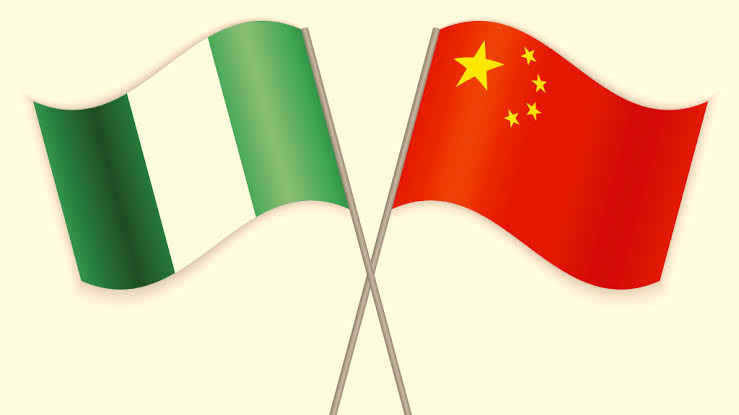Nigerian legal practitioners have been urged to collaborate with their Chinese counterparts to address emerging legal challenges in investment frameworks.
Tbe call was made by a Nigerian journalist John Azu in Abuja during the presentation of his book, ‘’Contemporary Legal Cooperation: China and Africa – A Comparative Survey of Legal Systems.”
Mr. Azu, a judiciary correspondent, highlighted the absence of Nigerian representation at key legal conferences organised by the Chinese government, which have previously included participants from South Africa, Tanzania, Ghana, and Kenya.
“I was privileged to interact with Chinese lawyers and participate in conferences aimed at fostering cooperation with African lawyers.
“At one such event, I noticed no Nigerian lawyers were present. The organisers expressed hope to include Nigeria in future programmes.”
These programmes, he explained, address critical legal issues such as copyright infringement, labor rights, land disputes, and contractual agreements, which are highly relevant to Nigeria.
Mr. Azu stressed the importance of learning from China’s legal system, especially given the substantial investments the country has made across Africa.
“China has invested billions of dollars in Africa, but these investments require comprehensive legal frameworks to prevent prolonged disputes,” he said, citing past cases of Nigeria facing asset seizures due to unresolved breaches in investment agreements.
He further emphasised that understanding China’s legal philosophy and fostering collaboration could help Nigeria protect its interests.
“This collaboration provides insights into legal systems that underpin large-scale investments, ensuring mutual benefits for both parties,” Azu stated.
With Nigeria being Africa’s largest economy, he believes it is vital for the country’s legal professionals to seize such opportunities to shape the future of cross-border investments and legal cooperation.
In his message, the Ambassador of the Peoples Republic of China to Nigeria, Yu Dunhai, stressed the importance of law in safeguarding citizens’ fundamental rights.
Yu Dunhai, represented by the Vice-Director of the China Cultural Centre, Liu Zhanping highlighted that legal systems play a crucial role in ensuring the protection of individuals within any society. “Law is essential to protect every citizen of a country and their fundamental rights,” he stated.
Azu’s book serves as a resource for legal practitioners, policymakers, and academics, offering strategies to strengthen legal ties between Nigeria and China.
Speaking at the book launch, the Former Governor of Abia State, Okezie Ikpeazu disclosed that the Chinese know almost every inch of Nigeria because of their business interests in the country,
He said: “But the place to start, if you want to be like them, is to study them, and I think this book fills a gap. Writing a book on legal issues and comparing China and Nigeria was targeted at encouraging people to understand your environment even as you invest. It will benefit both countries, Chinese coming to Nigeria and Nigerians going to China to do business.
“Even at the level of government-to-government, at the level of sub-national government-to-sub-national government or territories, there is a need for everybody to have a proper understanding.”
A Research Fellow at the Institute for Peace and Conflict Resolution, Abuja, Olalekan Babatunde, who reviewed the book, said it was relevant to the growing strategic partnership between Africa and China.
He recommended it for everyone, including Africans and Chinese involved in transcontinental diplomatic and business relations.
“I highly recommend it to those crafting African business contract agreements, trading, and transacting business across Africa and China. They should be guided about the nuances in both legal systems,” Babatunde said.
The author of the six-chapter book, Azu, who has been reporting the judiciary for over 13 years, said he was motivated to write the book after being nominated by the Chinese Embassy to participate in conferences organised by their country.


Comments are closed.